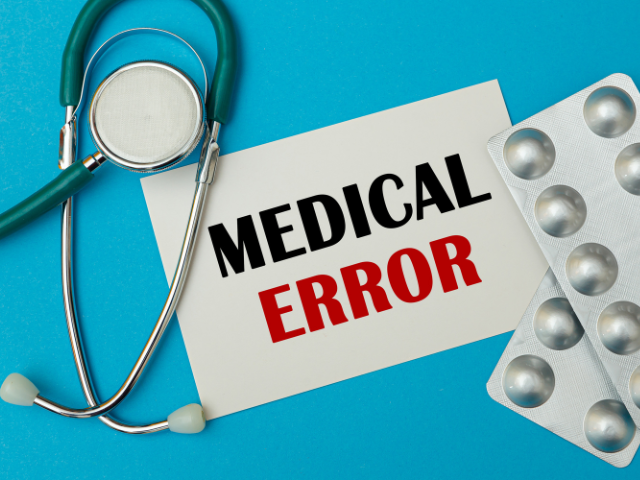Annually Required Florida Nursing CEU
For as long as there have been medical professionals, there have been medical errors. In 2019 alone, the World Health Organization found that medical errors harmed up to 40% of patients within the global healthcare system.
The Joint Commission, a healthcare accrediting agency that sets the standard for patient safety, annually publishes a list of national patient safety goals focused on preventing medical errors.
Types of medical errors include, but are not limited to: medication errors, healthcare–acquired infections, surgical errors, lab errors, falls, documentation issues, and omitted care.
Healthcare workers must be aware of the possible harm that medical errors can cause and how to prevent them.
That’s why this course on preventing medical errors is a required Florida Nursing CEU in which you’ll learn to:
- Recognize error-prone situations, the needs of special populations, and factors that impact the occurrence of medical errors.
- Identify processes to improve patient outcomes and resources for public education on medical errors.
- Understand your facility’s responsibilities for reporting.
Separated into two parts, Florida’s Nurse Practice Act, is meant to ensure that every nurse practicing in the state is held to (and meets) the minimum standards for safe practice. Because of this, nurses who display a threat to society or do not meet the minimum standards are barred from practicing nursing in the state of Florida.
Part I discusses the advanced practiced registered nurse, registered nurse, and licensed practical nurse, while Part II focuses on the certified nursing assistant.
Chapters 456 and Division 64B9 are guidance and further statues that pertain to the nursing profession.
This course meets the Florida Nursing CEU requirements of Division 64B9-5 as relates to the state’s laws and regulations of nursing practice.
Through this course, you’ll:
- Understand the Intervention Project for Nurses and the Nurse Practice Act as it pertains to nursing practice.
- Identify areas for discipline, the process for obtaining licensure, and special rules as they pertain to each individual course attendee.
Human trafficking is a significant, worldwide humanitarian issue that continues to grow despite government and public efforts to combat it. Increasing news coverage of high-profile human and sex trafficking cases has brought the issue into the public eye.
However, data from the Polaris Project shows that human trafficking is not just a problem of the elite or occurring in poorer areas. It is within our own neighborhoods, workplaces, and throughout the state of Florida.
For healthcare workers in Florida, the war on human trafficking will be won through learning to recognize the warning signs and characteristics of a potential trafficking victim; the most effective ways to intervene, which will enable victims to gain access to help; and where to garner additional support in addressing the issue.
This required Florida Nursing CEU will help you:
- Define types of human trafficking, trends, and statistics within the United States and the State of Florida.
- Understand federal and state laws surrounding human trafficking and the obligations of healthcare workers to report and offer assistance.
- Identify risk factors, warning signs, and red flags of potential human trafficking victims within a healthcare setting.
- Identify resources for reporting human trafficking crimes and connecting survivors to community resources.









